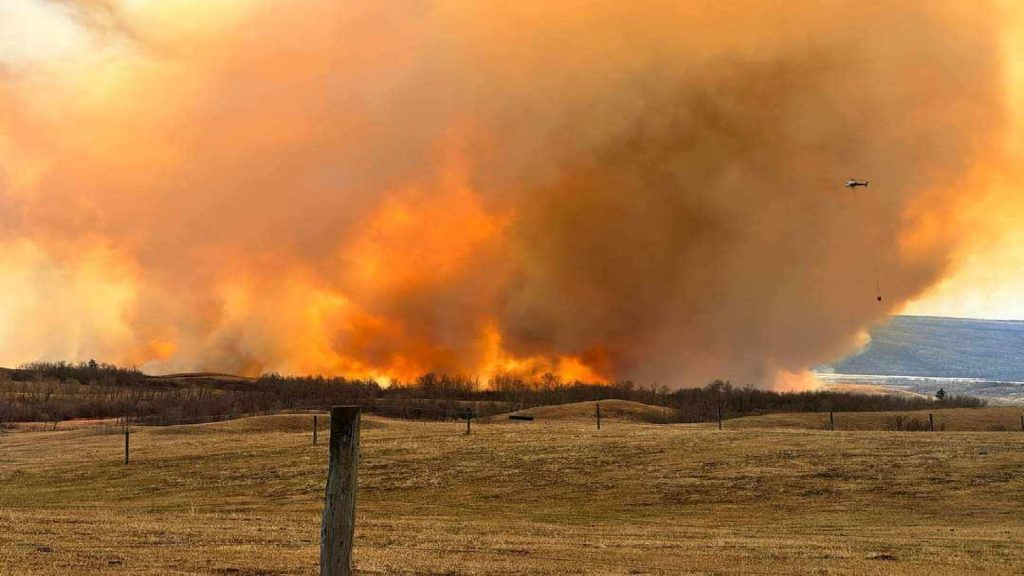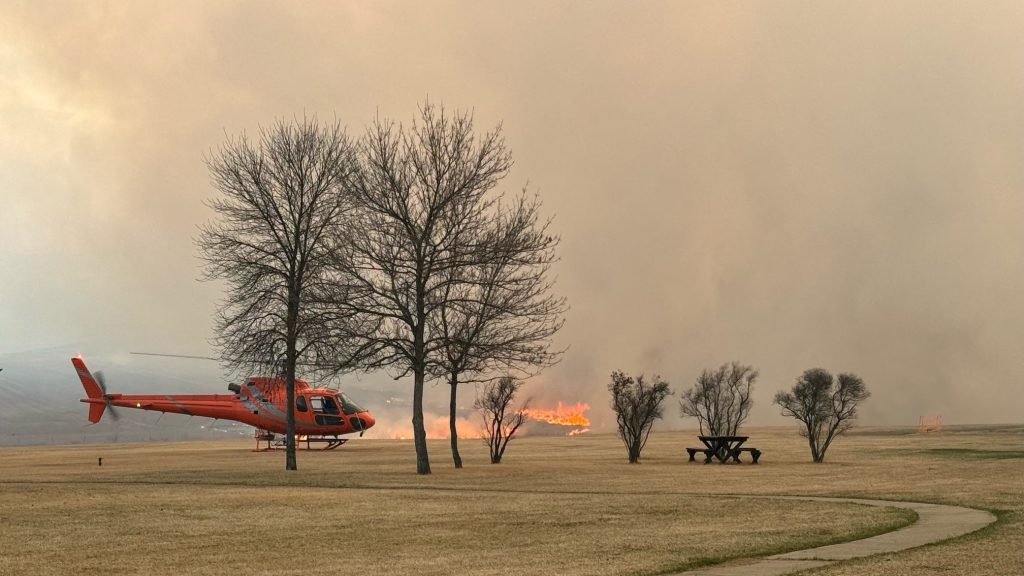Five of the most controversial issues on the Veterans Affairs file
Posted Apr 13, 2015 1:59 pm.
This article is more than 5 years old.
OTTAWA – Veterans Affairs Minister Erin O’Toole has unveiled the latest plank in the Conservative government’s bid to restore relations with ex-soldiers and their supporters: a plan to hire 100 new case managers to speed the delivery of benefits and services.
Here is some of what the government has done to date for veterans, as well as some of the issues that remain outstanding.
Lawsuit over the New Veterans Charter
The Harper government partially defused a politically explosive court challenge by convincing a group of Afghan war vets to put their class-action lawsuit on hold. The suit has been a PR disaster for the Conservatives, who pride themselves on supporting the troops.
Veterans and their families and supporters were deeply offended when government lawyers argued that Canada has no extraordinary legal obligation to its returning soldiers and that current and future governments cannot be bound by political promises of care made during the First World War.
The case remains on hold while veterans evaluate the government’s latest measures. The government did spell out the nation’s gratitude to its soldiers in the recently introduced Bill C-58, but critics suggest the language isn’t detailed enough.
New disability awards payment
The replacement of lifetime pensions for injuries with a system of lump-sum payments was one of the most controversial changes in the New Veterans Charter when it was introduced in 2006.
Soldiers who are physically maimed or suffer mental trauma are reimbursed through a workers compensation-style disability chart to a maximum of just over $306,000.
The fact that modern-day veterans receive less than their predecessors was one of the issues that prompted the class-action suit.
Even though Canada’s system of payments is among the lowest among the allies, O’Toole chose not to tinker with the existing lump-sum fee schedule and instead introduced a one-time $70,000 payment for physically injured soldiers.
Troops will qualify for it retroactively, and are eligible even if they are not eventually categorized as disabled.
New benefit to help wounded veterans with no military pension
The veterans ombudsman pointed out in 2013 that potentially hundreds of wounded ex-soldiers, who did not serve long enough to qualify for a military pension, faced the prospect of spending their retirement years in poverty.
O’Toole responded by introducing a new retirement income security benefit, which included not only the most severely wounded, but those who’d suffered moderate disabilities.
They are covered by a web of income-replacement programs and supplements, which end when they turn 65. The new benefit ensures they will receive monthly income support payments after retirement.
Critics, such as veterans advocate Sean Bruyea, say the issue has been long-standing one, and the government is only acting now because it’s facing an election.
Agreeing on a wounded soldier’s medical diagnosis
Soldiers who are medically released from the Canadian military are often given one diagnosis from doctors with the Department of National Defence, and an entirely separate one from physicians at Veterans Affairs.
It’s been a source of frustration and outrage, especially for ex-soldiers who are denied benefits at one department for conditions that ended their careers at another.
O’Toole has promised to smooth out the transition by having veterans staff involved right at the beginning of the discharge process when an injured soldier is still in uniform.
Canada’s military ombudsman and The Royal Canadian Legion say the duel review is unnecessary and the diagnosis at National Defence — the agency that determines if the soldier is still fit to serve — should suffice.
Veterans office closures
The Harper government closed nine regional Veterans Affairs offices, shifting the work to the more generic Service Canada outlets. The ensuing storm of criticism continues to linger.
Both opposition parties have hammered the government about complaints from veterans that have surfaced in public or in MPs’ constituency offices.
The Royal Canadian Legion, which has a volunteer force that’s been helping vets navigate the maze of paperwork, has called for an immediate review of the decision to close district offices and urged the government to reopen the offices where there is an increased and established need for case managers.










